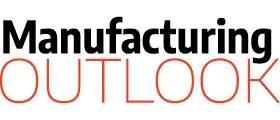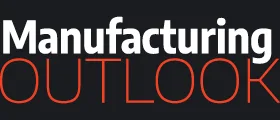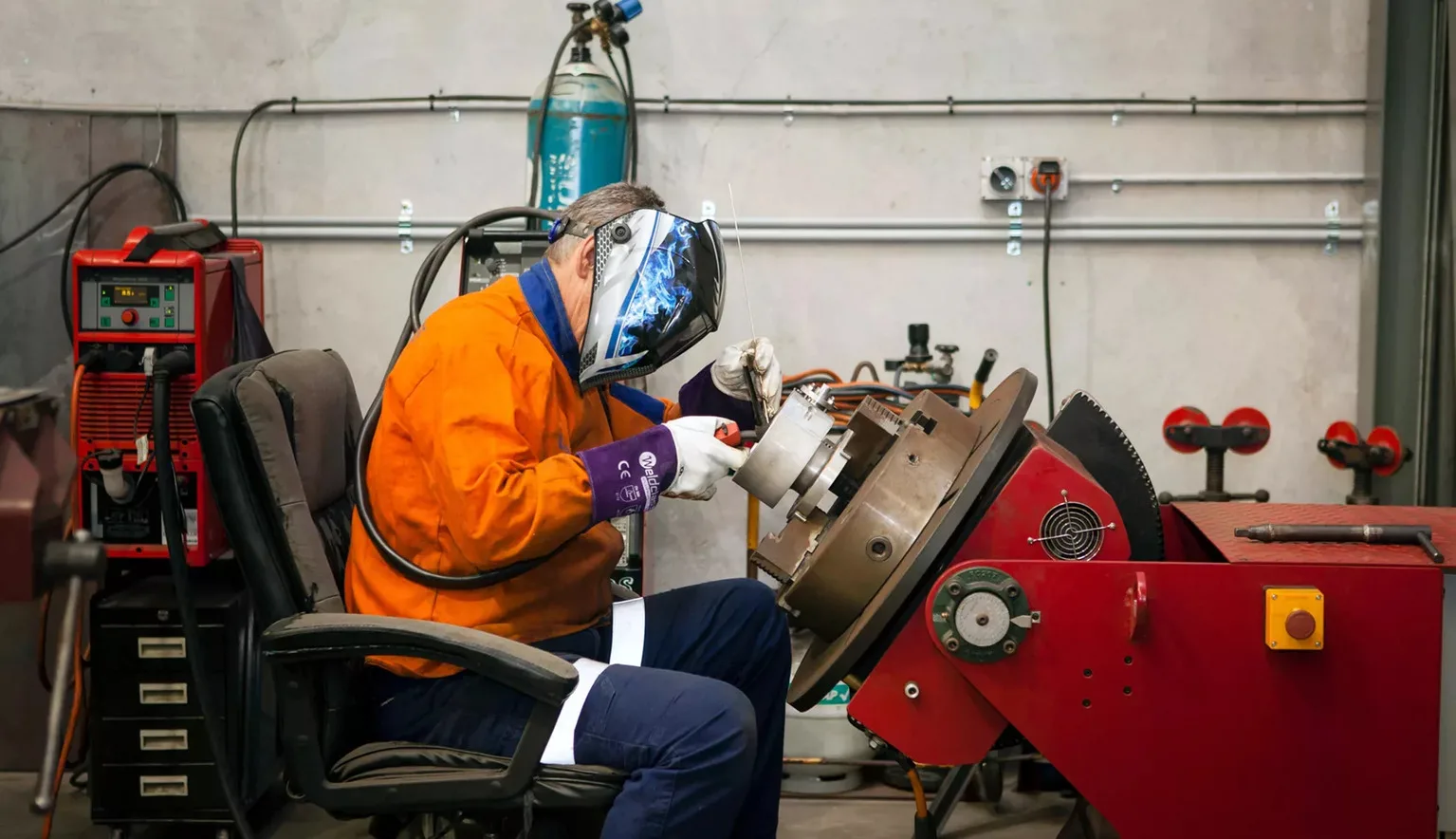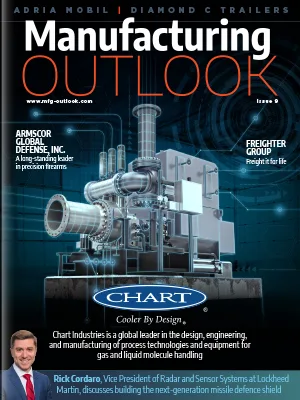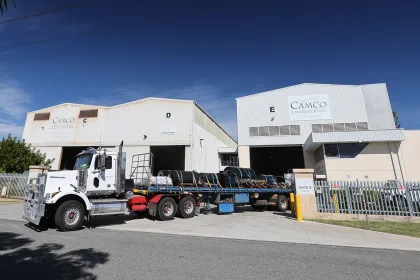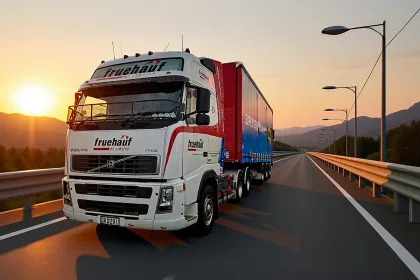Glenn Haste, co-founder and Company Principal at Process Plants International, discusses his customer first approach to operations.
FROM CONCEPT TO COMPLETION
“Each client has different needs, and we tailor our solutions to meet their specific requirements.”
Introducing Glenn Haste, co-founder and Company Principal at Process Plants International (PPI).
With more than 30 years of experience in hydrometallurgy and general industry, Haste is one of Australasia’s true maintenance pioneers in the field of autoclave processing technology. Having worked extensively in autoclave design, commissioning and maintenance, Haste has a strong focus on shutdown management and now leads a team of like-minded members to deliver autoclave turnarounds safely, on-time and within budget.
And operating with a customer-centric approach is par for the course for PPI. Founded in 2010 following the completion of a large Greenfields nickel mine, PPI managed to get on the tender list for autoclave opportunities with three separate projects. The company’s main products that it offers are design services for processing plants, hands-on commissioning and commissioning management of new start-ups, operational training for client staff and maintenance management such as shutdowns and strategies.
PPI is a single source service provider to companies operating or intending to operate technologically advanced processing plants. The organisation works to develop solutions and manages the task from concept to completion using in-house engineering and trade expertise to ‘make projects work.’ The organisation has offices in four locations around Australia with a valve manufacturing and engineering shop located in Queensland.
“We have teams of staff that travel to various locations around the world in supporting the scope of work as requested. Such locations include Australia, PNG, Laos, Russia, Madagascar, Turkey, New Caledonia, Finland, and New Zealand,” Haste informs us.
INDUSTRY TRANSFORMATION
Equipped with such extensive experience in the industry, Haste has observed first-hand the sector’s transformation over the past decade.
“Up until the last 10 years, Australian mining was a very strong and profitable market to be a part of,” he explains. “Our niche within the mining market takes us internationally and while the Australian mining market went into a recession, our international markets opened up. Since our founding, we have experienced year-on-year growth.”
Having been involved in a considerable number of projects during his time with PPI, Haste believes there is one in particular that sticks in his memory.
“A recent example is the maintenance scope of work in PNG, which was to manage the planning and execution of the autoclave shutdowns while also improving the reliability,” explains Haste. “Over the initial 20-month period we had identified, engineered, planned and executed 118 formal changes. All the while, planning and executing 14-day shutdowns every 10 weeks, while mobilising on average 300 international and local labour resources and vendor specialists. Six years later, we are still engaged at the site.”
Haste believes that because his firm is so heavily engaged in the niche sector of the market, identifying potential opportunities can ‘change the norm.’
“One major operational reliability concern was identified with the way that gaseous oxygen is delivered to the autoclaves,” says Haste. “The standard design approach by the large engineering houses often results in pipe blockages during low flow scenarios resulting in reduced oxygen feed rates. This, in turn, affects the reaction efficiency of the process leading to poor gold recoveries.”
“Since our founding, we have experienced year-on-year growth”
Glenn Haste, co-founder and Company Principal, Process Plants International
“PPI’s principal process engineer designed, manufactured and ran production trials of this patented low-cost anti-blockage design, perfectly suited to the severe service application. We have continuously improved the design since its first trial back in 2014. The concept can lend itself to other types of gas sparging where pipe blockages are experienced.”
In terms of other significant investments, PPI recently acquired a contract to manufacture severe service quarter-turn ball valves. With only a very small number of severe service valve manufacturers globally, the company’s Queensland workshop had been setup initially to exclusively service one Houston-based valve manufacturer.
“In the last 12 months we had to move from service agent to manufacturer which required significant investment in capital for additional machining, packaging and engineering capability,” Haste tells us. “We were also successful in our application for a grant from the Queensland government and were recently showcased on the local government investor pages.
“Prior to becoming a manufacturer, we had already started to diversify and move into the oil and gas market. We were successful in securing a valve service contract for one of the oil and gas companies operating in Queensland.”
RESILIENCE IN SUPPLY CHAIN
Developing a robust supply chain with mutually beneficial partnerships that are aligned on a vision is essential to most organisations. For Haste, he acknowledges that understanding the businesses’ strengths and weaknesses is an absolute necessity.
“Knowing what to do with that knowledge and accepting that others can do some things better or faster is a trait,” he tells us. “Moving from service to manufacturing in a reactive manner meant we required local support from similar but not so similar engineering operations near to our Queensland base. We spent many months searching and meeting with engineering businesses and fortunately, we found one that not only had what we needed at a quality level but were very willing to support us and our unique product.
“Our valve product was not aligned with their normal revenue base but the can-do attitude and flexibility they offered has resulted in a very amicable relationship. We have increased the volume of work through their shop fourfold since the initial discussions on volume capability. Having supply chain support that can scale up and down with you is important.”
“Finding the drivers that motivate each team is not a one-off task”
Glenn Haste, co-founder and Company Principal, Process Plants InternationalPEOPLE FIRST
Talent management is another important topic to Process Plants International. With most of the work located in international borders, its teams work as expatriates in sometimes less than ideal circumstances. Haste understands what it takes to lead a successful and happy workforce.
“The team environment is incredibly vital to a successful project,” affirms Haste.
“Establishing a level playing field in terms of discipline remuneration immediately means everyone is equal. We do not work on bonus schemes or fancy incentives. Keep the deal simple, clean and transparent. Building a team in a mining environment is no different than what a sports coach or military commander must deal with. Keep the teams small and move team members around until the team formula works without too much management effort.
“It’s important to understand personalities and individual capabilities because it is paramount to success. Empowering the teams comes from giving them what they need to do their job and letting them do what they are employed to do. Usually this can be as simple as; good accommodation, good food and reliable on-time transport around the job site and getting to and from accommodation facilities. Open door and open plan office environments are the norm. There are many books written about team management but what works for one manager does not necessarily work for another. Identifying the needs of the team before the team know they need it, is a valuable trait.
“If you must motivate your teams then there is an underlying problem. Finding the drivers that motivate each team is not a one-off task. Team dynamics change, you must change with them as frequently as required to keep a self-directed attitude flowing.”
Moving forward, Process Plant International’s focus is on the Queensland facility to deliver a large valve order by the end of 2021.
“This order has been underway since last year and is nearing the final assembly stages,” says Haste. “Alongside our standard service works in the mining sector, we are looking at diversification opportunities within oil and gas markets. We expanded to accommodate the needs of our current manufacturing contract and would consider further investment to meet the needs of any future large scale or unique contract scope.”
